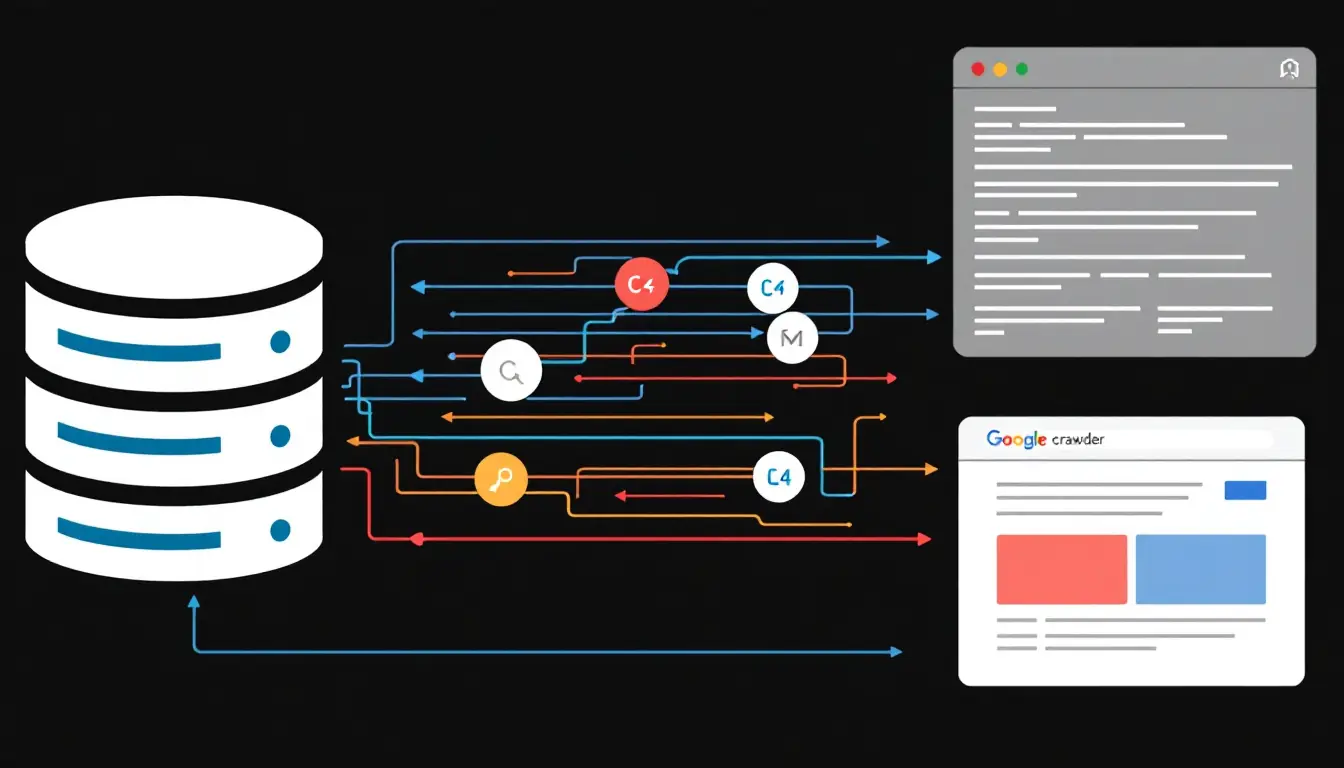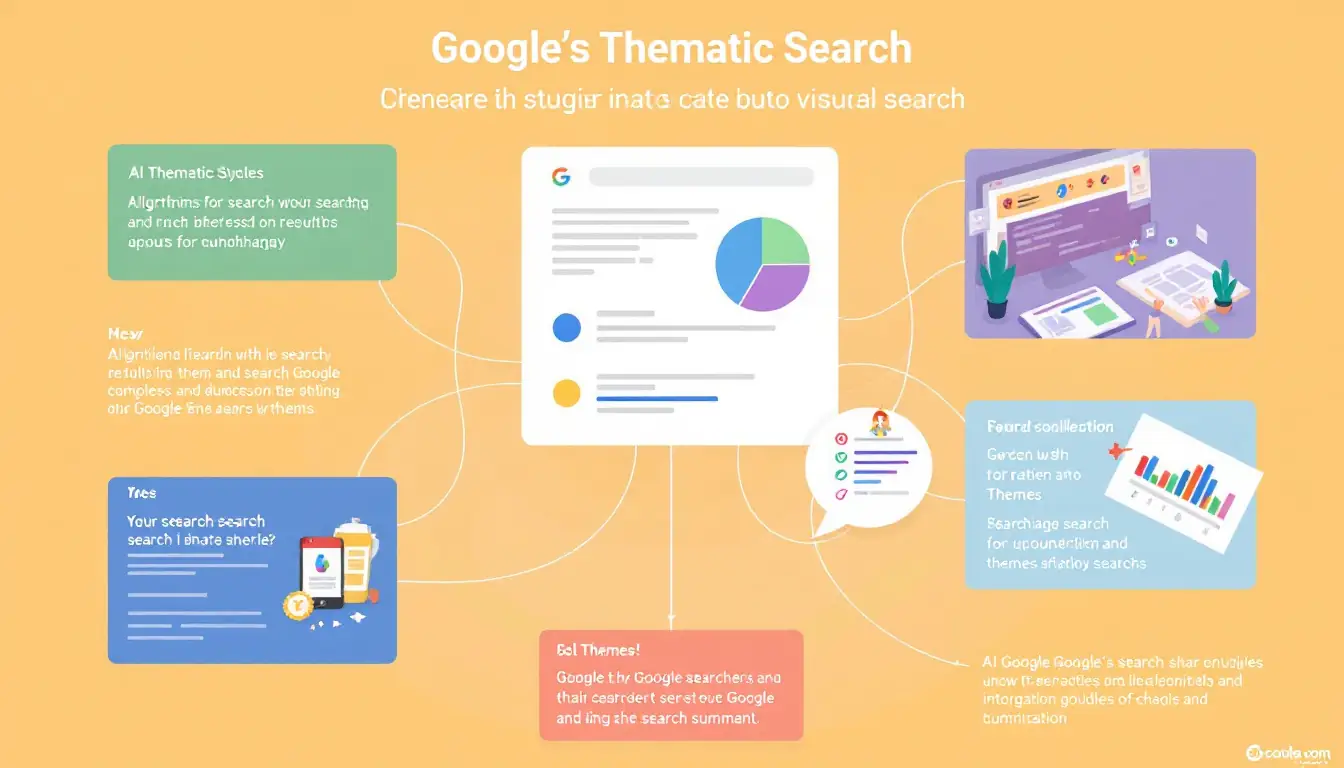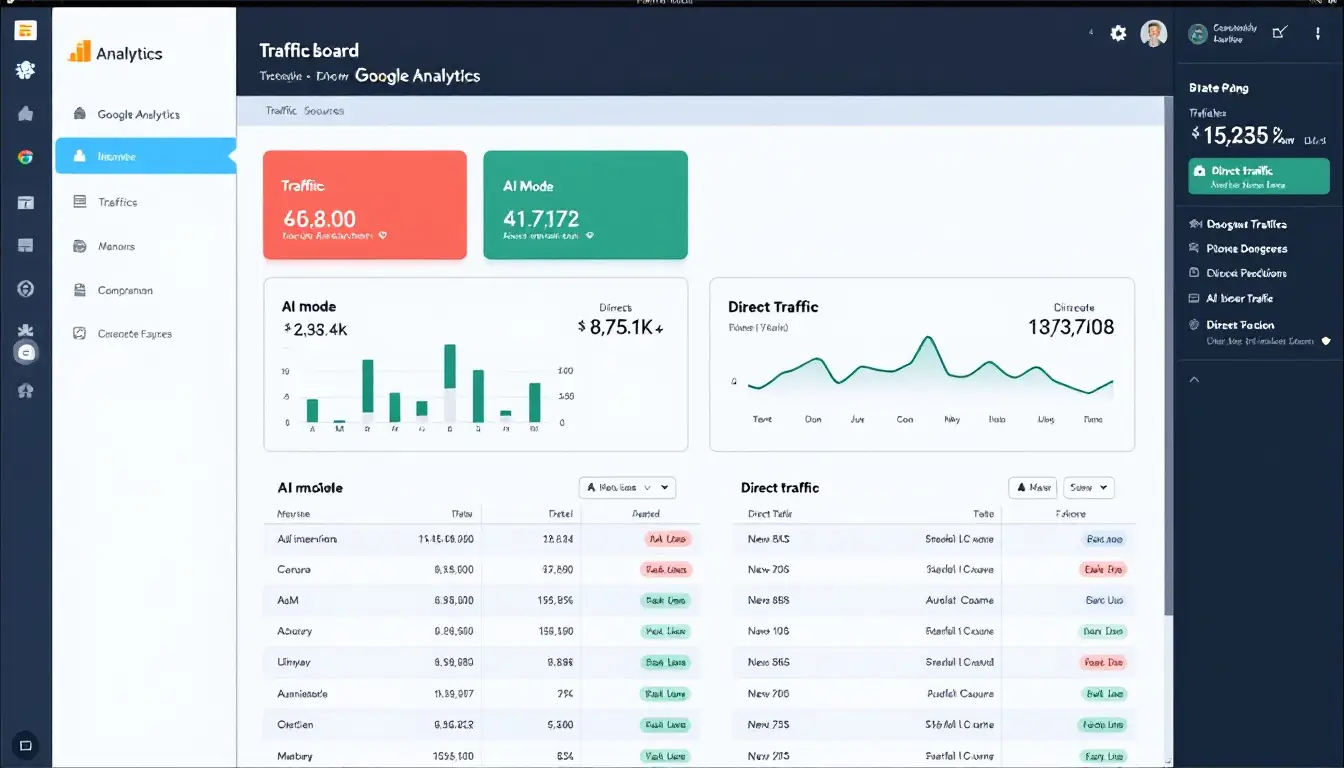The landscape of ecommerce SEO is rapidly changing, with artificial intelligence at the forefront of this transformation.
NeuronWriter
Enhance your SEO strategy and create content that ranks high with semantic recommendations.
SEOFOMO’s latest survey sheds light on how ecommerce professionals are integrating AI into their strategies, revealing both widespread adoption and areas where further integration is still underway.
While many are reaping the benefits of AI in optimizing their workflows, a notable segment remains cautious as they explore the best ways to incorporate this technology into their operations.
AI Applications in Ecommerce SEO
The survey highlights several key areas where AI is making a significant impact, demonstrating its versatility and effectiveness in enhancing various aspects of ecommerce SEO.
Content Development
Content creation remains a critical component of SEO, and AI tools are revolutionizing how businesses approach this task.
Respondents utilize AI for generating product listings, descriptions, and scaling meta tags such as descriptions, titles, and alt text. Additionally, AI assists in drafting content outlines, performing grammar checks, and refining clarity.
Some also employ AI to produce blog posts, landing pages, and FAQs, though the extent of AI’s role in creating main content is met with caution due to recent guidelines from Google emphasizing originality.
Moreover, AI is used to adjust content to align with a brand’s voice by modifying word choice, tone, and sentence structure, and to brainstorm fresh content ideas.
Data Analysis and Research
Beyond content, AI plays a pivotal role in analyzing data and conducting research to inform SEO strategies.
Keyword research and clustering are primary uses, allowing for the organization of keywords based on similarity. This approach helps in creating comprehensive pages that cover entire topics rather than multiple pages targeting similar keyword phrases.
The integration of AI in data analysis supports a deeper understanding of market trends and consumer behavior, enhancing the effectiveness of SEO efforts.
AI’s role extends into technical SEO, user experience enhancements, and training documentation, underscoring its multifaceted utility in ecommerce environments.
Technical SEO Enhancements
Automation and intelligent analysis are key benefits that AI brings to the technical aspects of SEO.
Streamlining SEO Tasks
Managing technical SEO efficiently requires tools that can handle repetitive tasks with precision.
AI automates routine SEO operations and assists in making informed decisions by analyzing data according to predefined guidelines.
Tools like Screaming Frog integrated with AI capabilities exemplify how AI can save time and resources by optimizing internal linking strategies and other technical elements.
These advancements enable ecommerce businesses to maintain robust technical SEO practices without extensive manual effort.
Enhancing User Experience and Conversion Rates
Improving user interactions and conversion rates is another area where AI proves invaluable.
Personalized Recommendations and Support
Tailoring the user experience is essential for driving conversions, and AI excels in providing customized solutions.
Ecommerce platforms leverage AI for product recommendations, deploying chatbots for product discovery and customer support, and conducting UX/CRO audits based on user behavior data. These AI-driven initiatives enhance the shopping experience, making it more intuitive and efficient for customers.
By focusing on user-centered approaches, AI helps businesses increase engagement and sales through optimized interactions.
Training and Educational Resources
AI also supports the development of training and educational materials within ecommerce organizations.
Creating Learning Materials
Educating teams and customers is crucial, and AI facilitates the creation of comprehensive training documentation.
A growing number of respondents use AI to generate internal training documents and customer-facing educational resources. This includes materials that explain how AI tools function and provide SEO learning resources, ensuring that teams are well-equipped to utilize AI effectively.
This application of AI enhances both internal knowledge sharing and customer education, contributing to overall business growth.
AI Adoption Challenges
Despite the benefits, not all ecommerce professionals have fully integrated AI into their SEO practices.
Limited or No AI Usage
A significant portion of survey respondents are either hesitant or in the early stages of adopting AI.
31% of participants indicated they are planning to adopt AI, while 3% are firmly against its use, and another 4% remain uncertain. This means that 37% have yet to meaningfully incorporate AI into their workflows.
However, many are preparing for integration as platforms like WordPress, Wix, and Shopify begin embedding AI tools directly into their services.
For those unsure about AI integration, considering which tasks could be delegated to an intern may offer a practical starting point for implementing AI solutions effectively.
The Bottom Line
AI is undeniably shaping the future of ecommerce SEO, offering significant advantages in content generation, data analysis, technical optimization, and enhancing user experience.
While a sizeable portion of professionals are still exploring AI’s potential, its adoption continues to grow as more businesses recognize its value in boosting productivity and effectiveness.
Embracing AI can lead to substantial improvements, but it’s essential to approach its integration thoughtfully to maintain originality and align with brand standards.







